Aside from all the important aspects in making a game, there is a key factor amidst it all that really makes a game stick with a player. That key factor is none other than progression. What does progression look like in games? How much does it impact the player? These are questions that will be answered throughout this discussion.

What is progression? Well by definition it is the process of developing or moving gradually towards a more advanced state, which could have many applications. So, how is this represented in games? It depends on the genre. For example, Super Mario Bros. demonstrates a great way to visually tell the player that they are progressing and that is by the difference in levels. First, you get the screen as shown above which tells you which world you’re in, hinting how far you are, and then you play in an environment that is different from the previous. While the gameplay may not change, the environment does, which is enough for the player to know that they have progressed throughout the game. This method is common amongst platforming games as their mechanics stick to mainly movement based functions, thus progression through mechanics often does not occur. Here are a few more examples of platformers that use visual progression.
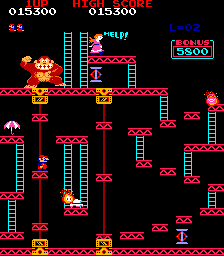

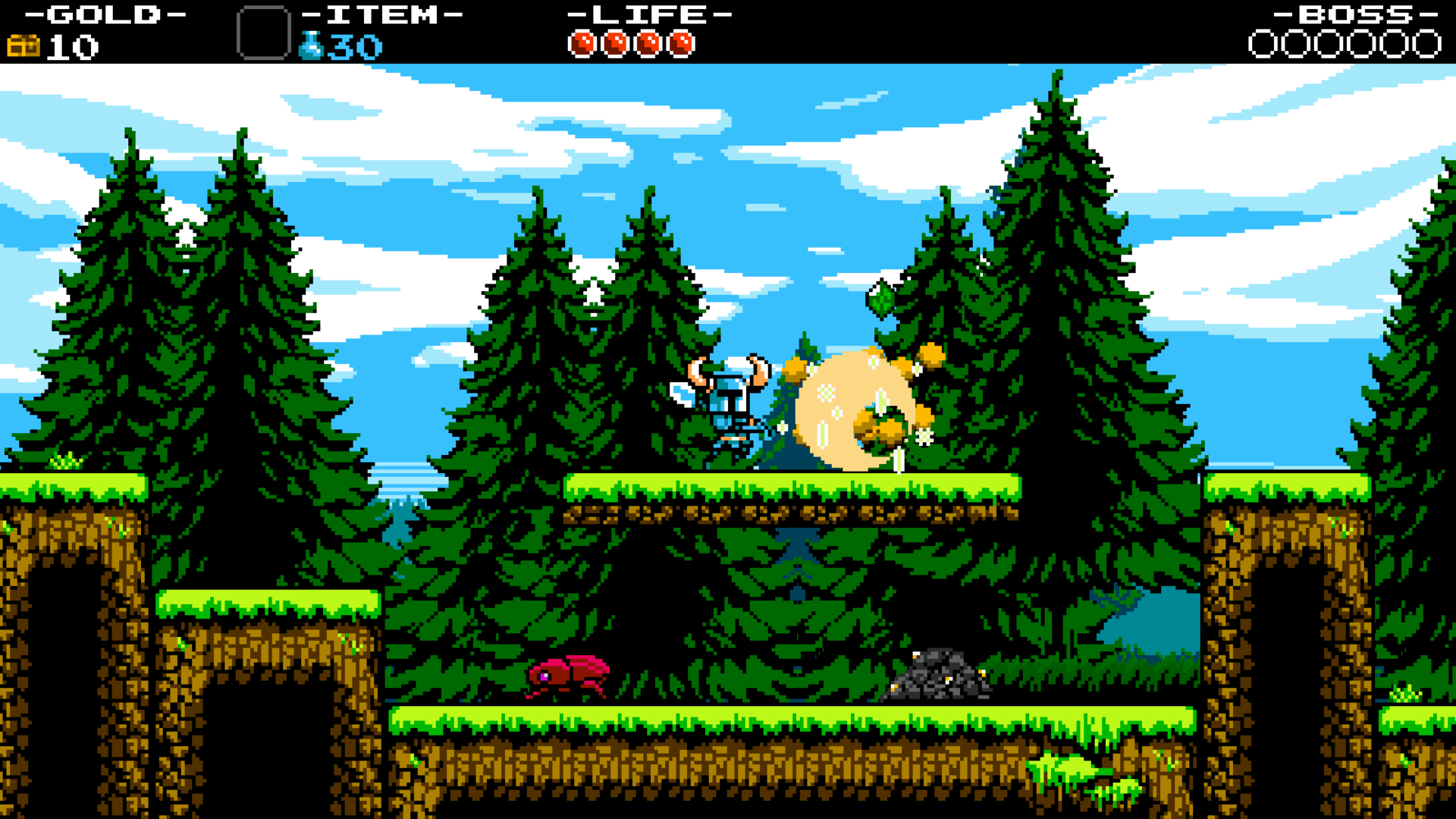
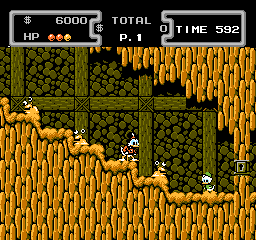
Now let’s look at another genre: RPG. This has one of the more obvious forms of progression as it is through the growth of the player’s character. RPG games usually utilize a “level up” system that allows the player’s character to become stronger and perhaps gain new abilities. This is usually represented by a sliding bar that is placed on the HUD for the player to see, growing whenever the player does something that gains experience. How the player gets experience points depends on the game. One game may make it where constant practice or use of a skill grants experience points, thus becoming stronger at that skill. This is shown off by a game like Skyrim.
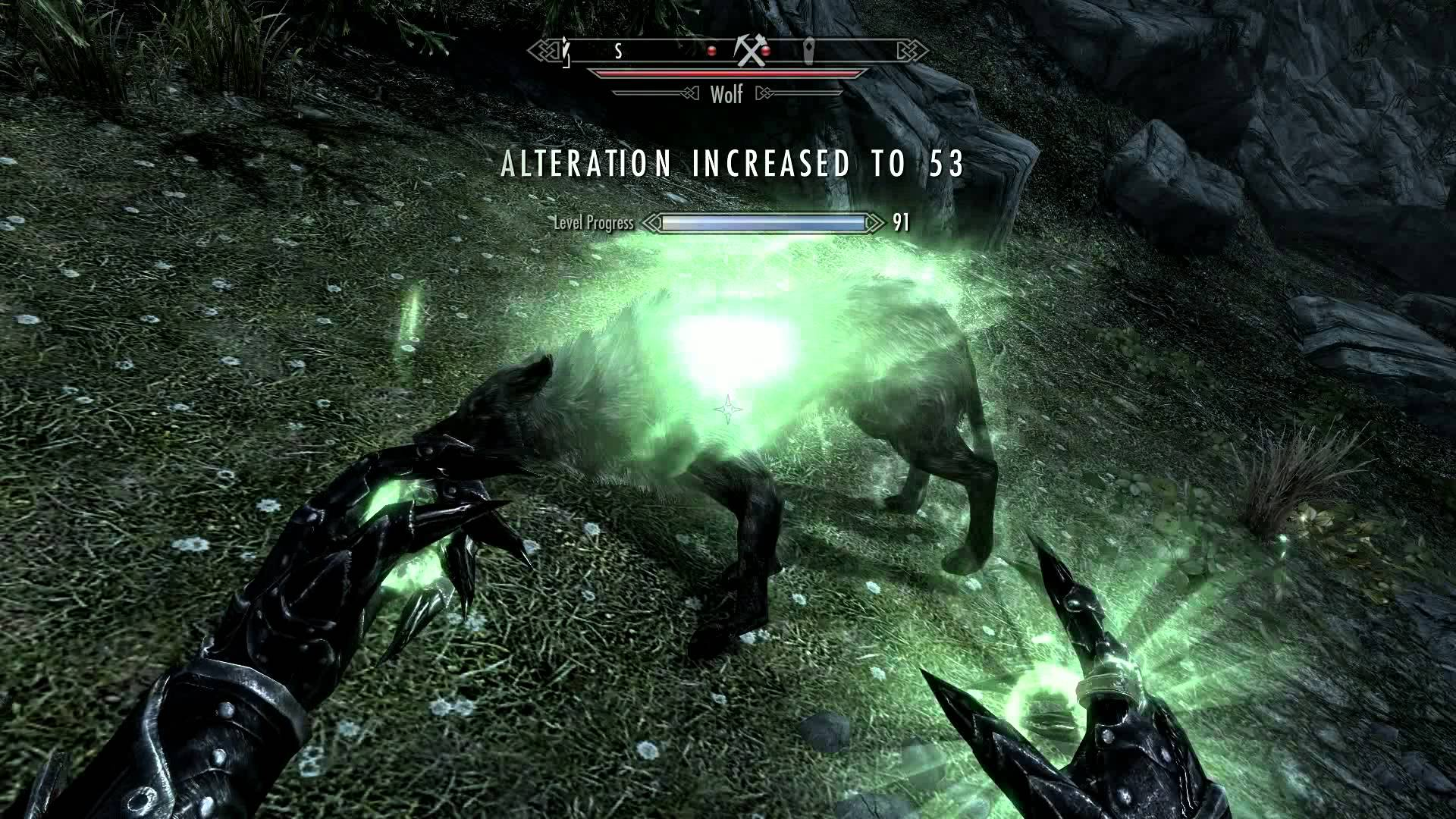
Another example could be that the player gains experience simply by defeating enemies, building up experience points until they gain a level. This is best represented by games similar to Dark Souls.
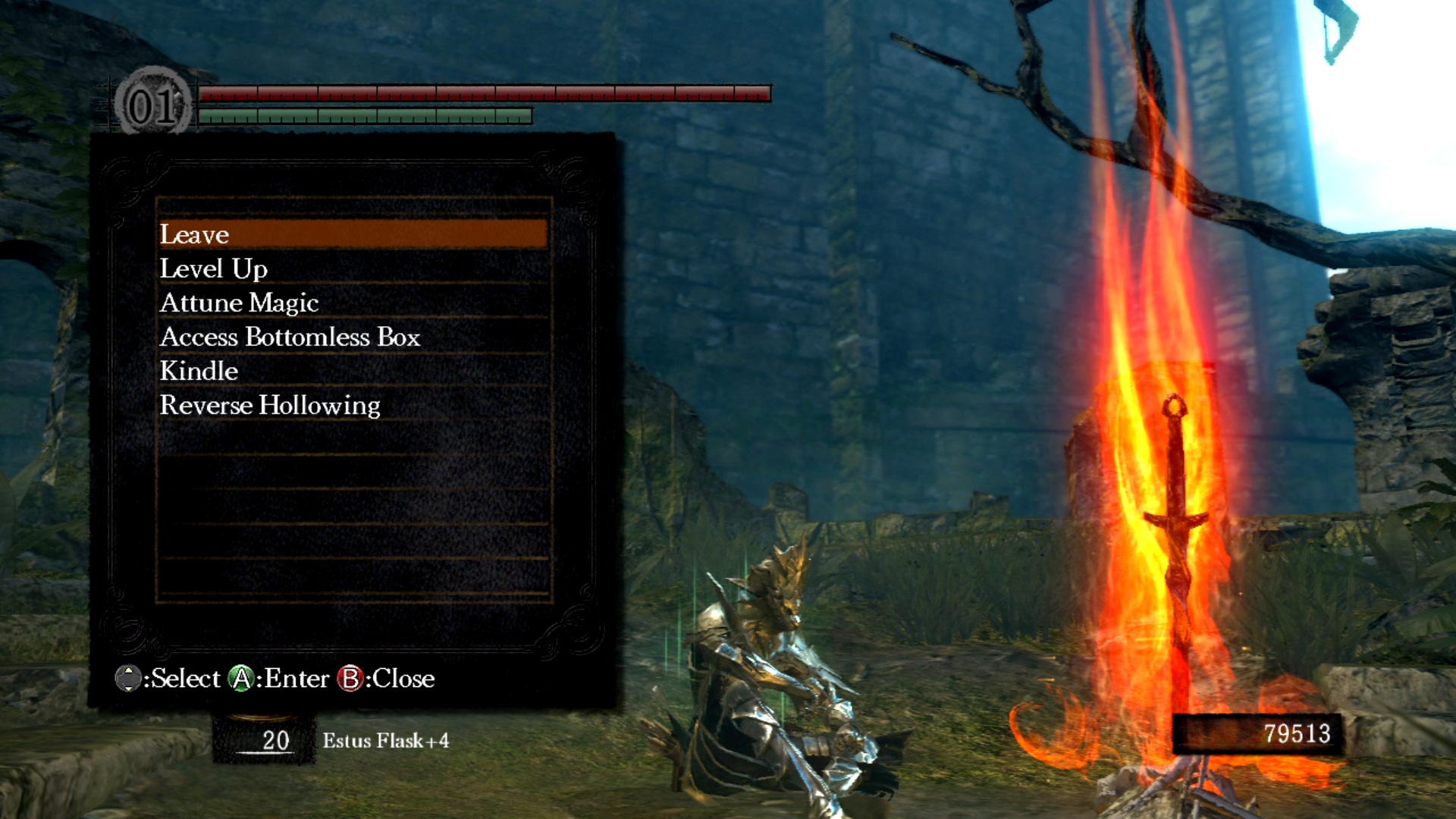
Other times, games may give you experience just for fulfilling an objective. The player could gain points just for reading a book, delivering a package, solving a puzzle, etc. This can be demonstrated by games like Dragon Age.

It just goes to show that RPGs have various ways of showing progression to the player, sometimes including changes in the environment. But now, let’s look at a few other genres.
Take puzzle games for instance. Sure, each puzzle may look different in a game, but that isn’t what shows the progression. Instead, the progression is shown through the growth in difficulty. Any puzzle game will progressively get harder as you advance, thus demonstrating progression to the player through gameplay. Games like these include Tetris, Portal, Limbo, and the Talos Principle.
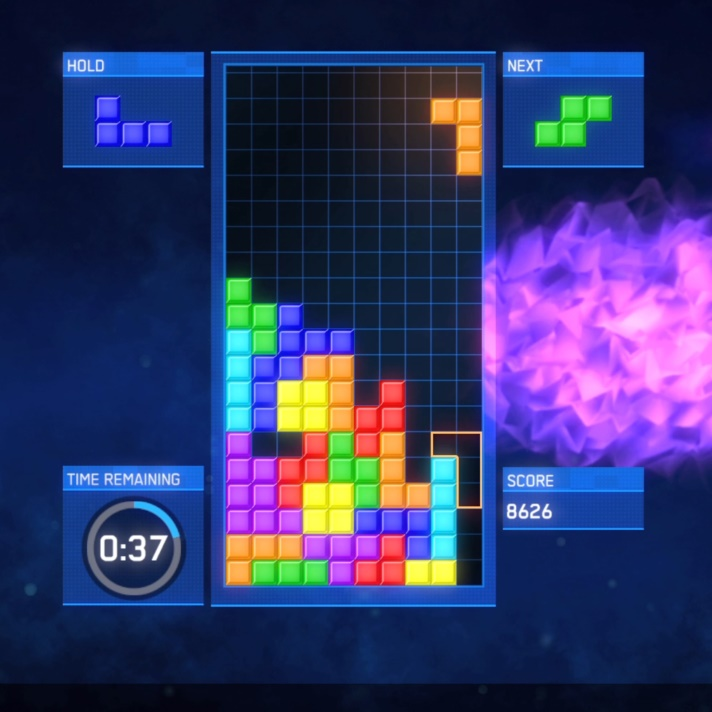
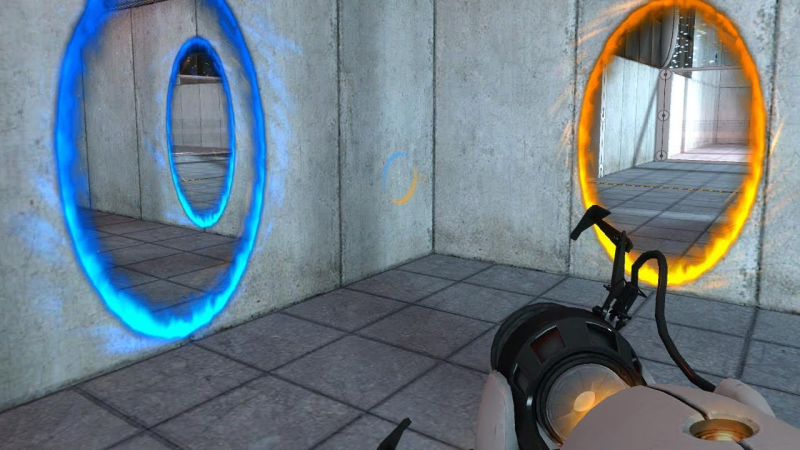
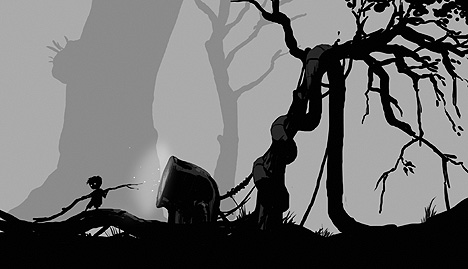
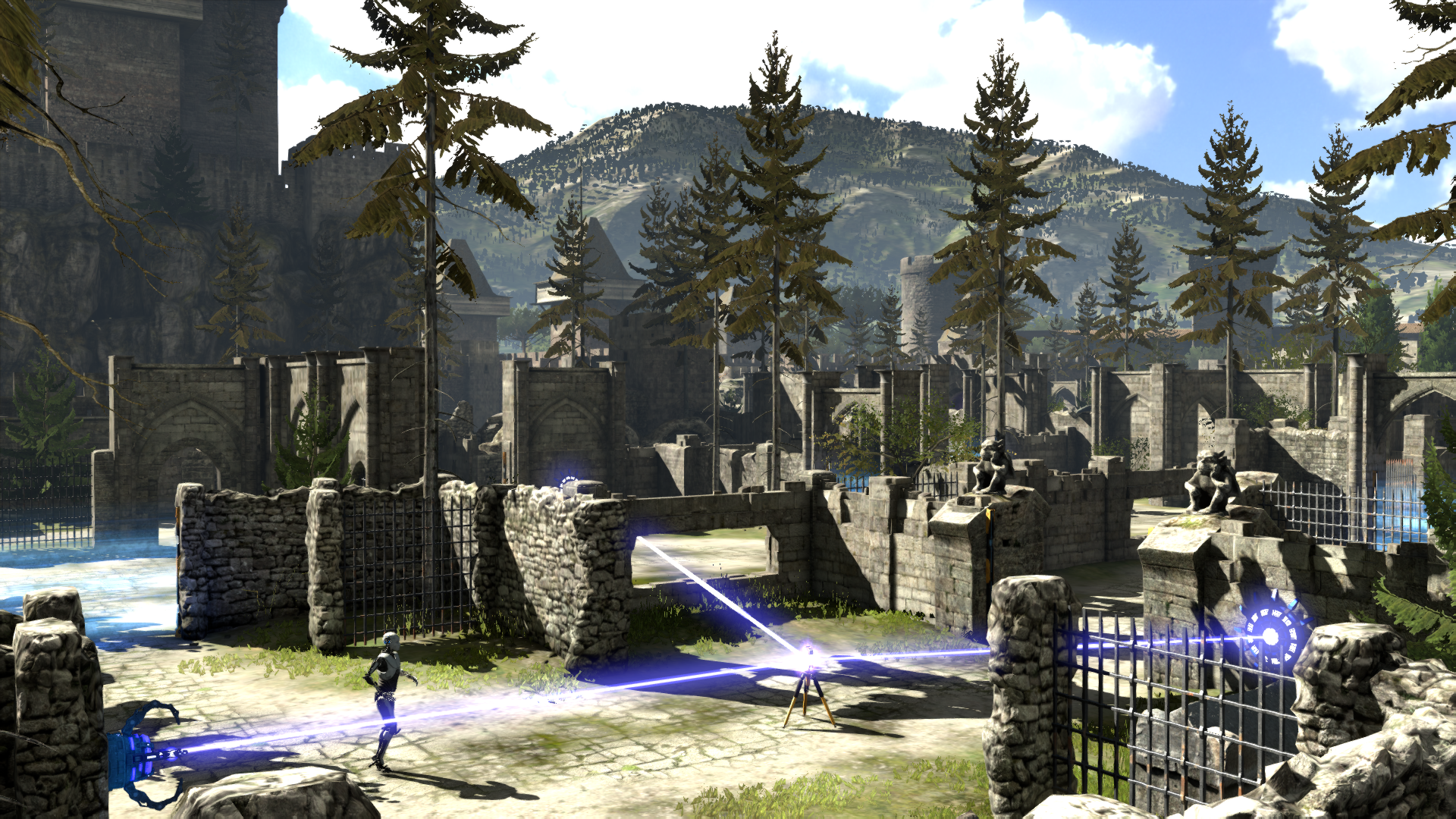
The only other major type of progression example is best demonstrated by Metroidvania games. While the player does gain new skills and sees new visual environments, the biggest example of progression in such games is the unlocking of new areas. This is cleverly done by developers making certain areas inaccessible if the player does not have certain equipment or abilities. Thus, when the player wonders about that area and comes back later, they’ll know they’ve progressed since they were able to access said area.
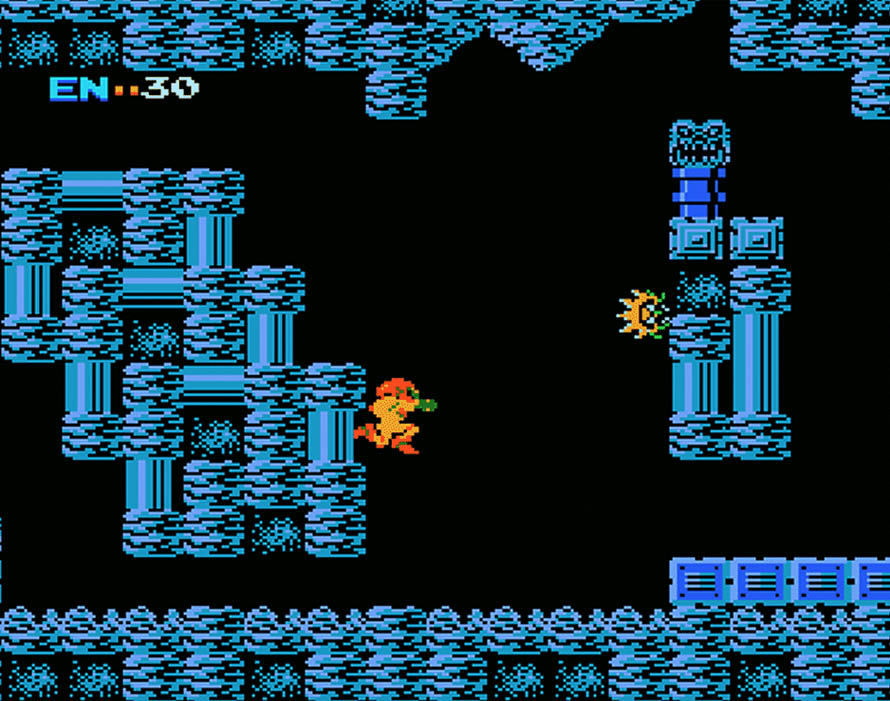
So, that’s essentially progression in a nutshell. Games demonstrate progression visually or mechanically, whether by environment, abilities, or simply difficulty. Without progression, a game becomes repetitive, stagnant. If the player feels as if nothing is changing, then what are they playing for? So if you are developing a game, make sure to implement the element of progression. Other than that, I hope we progress further in these discussions and hopefully talk about things you may have never heard of before.



Comment